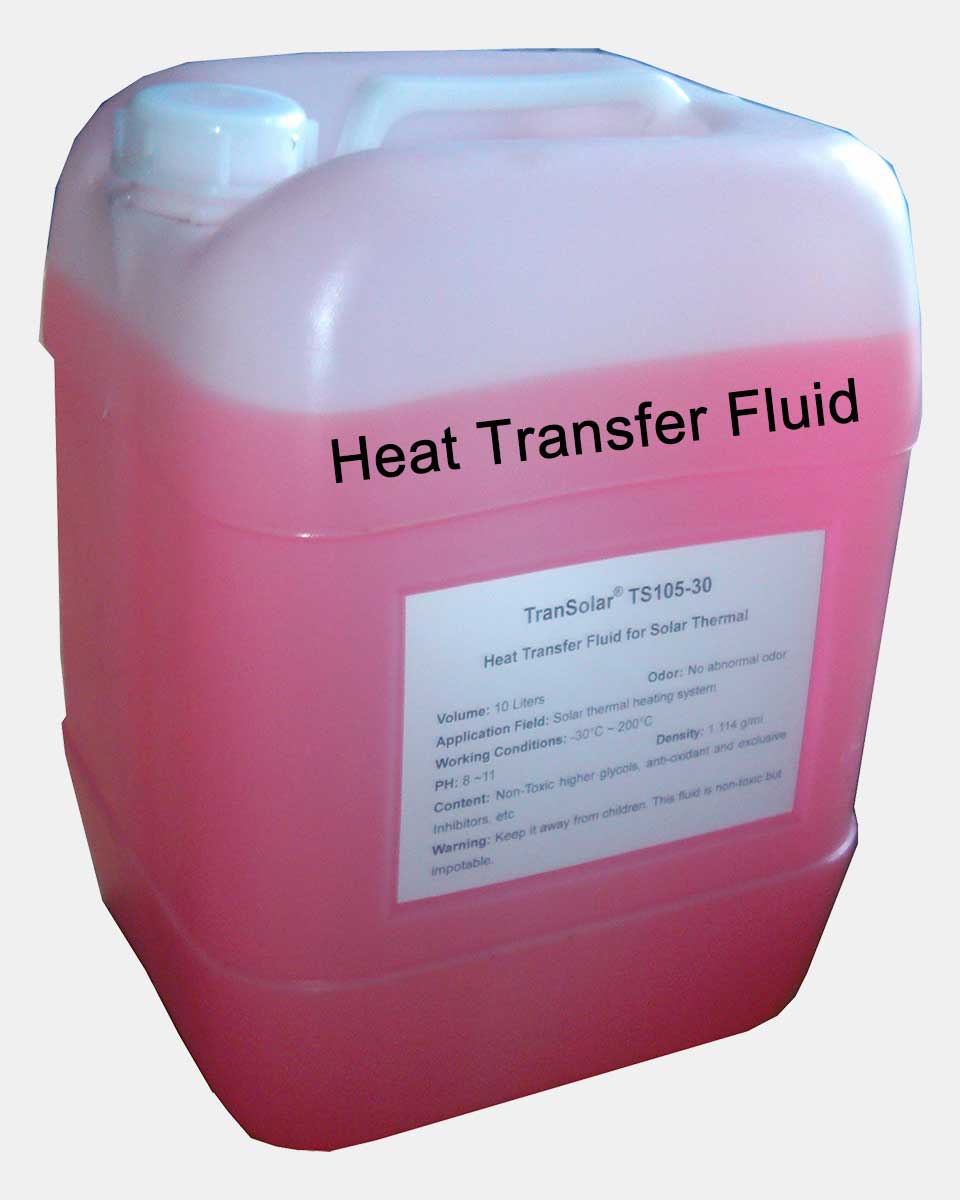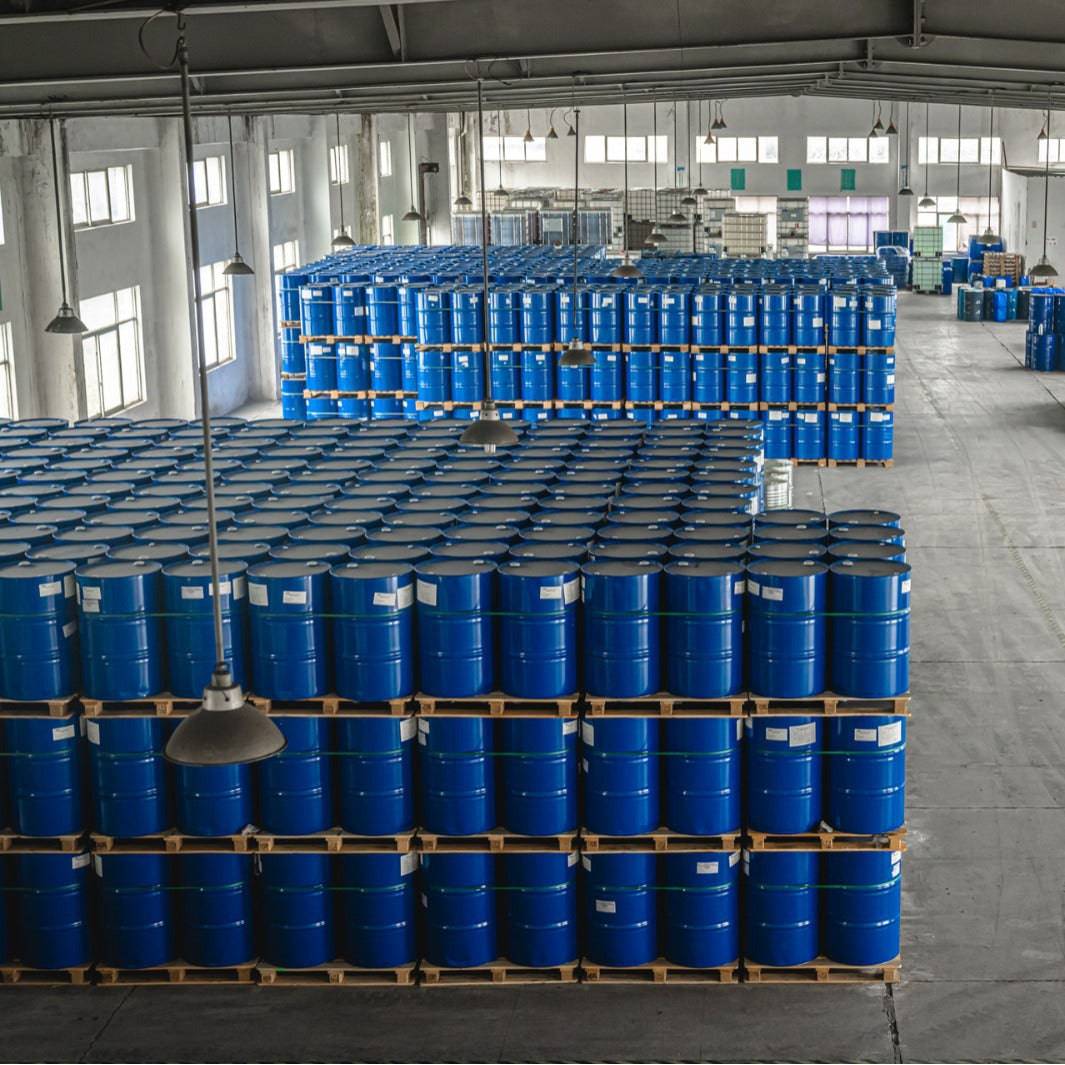Thermal Oil vs. Other Heat Transfer Fluids: Which Is Best for Your Application?
Thermal Oil vs. Other Heat Transfer Fluids: Which Is Best for Your Application?
Blog Article
How to Select the Finest Heat Transfer Fluid for Your Heating and Cooling Solutions
Selecting the proper warmth transfer liquid for home heating and cooling systems is a nuanced process that requires mindful consideration of multiple variables. It is important to examine the details functional temperature range, as well as the thermal residential properties such as conductivity and viscosity that influence system effectiveness.
Recognizing Heat Transfer Fluids
Heat transfer liquids play a critical function in different industrial and commercial applications by assisting in the transfer of thermal power. These fluids are essential in systems such as air conditioning, home heating, and energy generation, where efficient thermal administration is crucial for operational efficiency. The main feature of heat transfer fluids is to take in heat from a resource and transportation it to a designated area, where it can be utilized for home heating or exchanged mechanical energy.
Heat transfer fluids can be classified right into a number of classifications, including liquids, gases, and phase-change materials, each offering details applications based upon their thermal buildings. silicone oil. Typical instances consist of water, oils, and cooling agents, which are chosen depending upon the temperature level range, stress conditions, and compatibility with system products
The effectiveness of a heat transfer fluid can dramatically affect the total effectiveness of a thermal system. Aspects such as thickness, thermal conductivity, and details warm capacity identify exactly how well a fluid can transfer warmth. Understanding these qualities is essential for choosing one of the most ideal liquid for a particular application, making certain optimum efficiency and reliability in industrial procedures.
Secret Quality to Take Into Consideration
Choosing the proper warmth transfer fluid needs cautious factor to consider of numerous crucial residential or commercial properties that affect efficiency and effectiveness. Primarily, thermal conductivity is crucial, as it figures out the fluid's capability to transfer heat efficiently. Higher thermal conductivity normally leads to far better efficiency in cooling and heating applications.
Another necessary property is viscosity, which influences the fluid's circulation attributes. A liquid with reduced viscosity at operational temperatures will certainly flow extra easily, lowering pumping power demands. Furthermore, the specific heat ability of the liquid plays a crucial role; a higher details heat shows the liquid can store more thermal energy, boosting system efficiency.

Sorts Of Heat Transfer Fluids
A selection of heat transfer fluids are offered, each made to satisfy particular functional demands and performance requirements. The key categories of warmth transfer liquids consist of water, organic liquids, and refrigerants.
Water is frequently used due to its high heat ability and reduced price, making it suitable for lots of home heating and air conditioning applications; nonetheless, it has restrictions relating to cold and steaming factors. Organic fluids, such as glycol mixes, supply a more comprehensive temperature level variety and are much less vulnerable to freezing, making them suitable for applications in colder environments. These liquids can likewise provide far better thermal security contrasted to water.
Cooling agents are made for details applications in vapor-compression refrigeration and cooling systems. They have special thermodynamic properties that allow efficient warmth transfer at reduced temperatures. Various other specialized fluids include mineral oils, which are frequently employed in high-temperature applications due to their thermal stability and non-corrosive nature.
Picking the proper heat transfer liquid entails considering the operating temperature array, thermal residential properties, and system compatibility. By comprehending the types of fluids available, one can make educated decisions that boost system effectiveness and longevity.
Environmental and Safety Factors
When assessing warm transfer fluids, it is necessary to consider the ecological and safety elements related to their use. The choice of a fluid need to line up with regulatory standards and reduce prospective environmental effect. Liquids that are safe, eco-friendly, and have low worldwide warming potential are preferred, as they add to sustainability and decrease liability in case of spills or leaks.
Safety and security is another critical factor to consider; the fluid's flash point, poisoning, and possibility for dangerous responses need to be completely evaluated. Fluids with high flash points are generally safer, decreasing the danger of fire in high-temperature applications - silicone oil. Furthermore, the compatibility of the fluid with system materials should be reviewed to stop degradation, which can cause leaks and possibly harmful circumstances
Additionally, appropriate handling and disposal procedures ought to be plainly described. The usage of fluids that are very easy to manage and dispose of can significantly minimize environmental dangers. By prioritizing these ecological and safety and security aspects, organizations can make enlightened choices that not just secure their personnel and the atmosphere however additionally enhance the overall performance and reliability of their heating and cooling systems.
Application-Specific Referrals
Comprehending the certain demands of an offered application is important for picking the most reliable warmth transfer liquid. Various systems have special thermal demands, operating temperatures, and fluid qualities that influence the choice procedure. For example, in applications involving high-temperature settings such as concentrated solar energy systems, liquified salts or synthetic oils might be preferable due to their exceptional thermal stability and heat transfer effectiveness.

In addition, markets handling destructive substances, such as chemical handling, might call for warm transfer fluids with boosted rust inhibitors to lengthen system life and maintain effectiveness.
Additionally, applications with strict find here environmental policies may gain from bio-based fluids or those with reduced poisoning profiles. By completely assessing these application-specific elements, designers can ensure optimum efficiency, safety and security, and long life of their home heating and cooling down systems while sticking to regulative compliance and sustainability objectives.
Final Thought

In conclusion, picking the optimum heat transfer liquid for home heating and cooling systems demands a thorough evaluation of various aspects, consisting of functional temperature level range, thermal residential properties, material compatibility, and environmental safety and security. A well-informed option eventually boosts system efficiency, reduces operational prices, and promotes sustainability. Prioritizing these factors to consider makes sure the durability and performance of heating and cooling systems, contributing to overall efficiency look at more info in thermal administration applications.
The key function of heat transfer fluids is to soak up heat from a resource and transport it to a designated place, where it can be made use of for heating or transformed into mechanical energy.
The efficiency of a heat transfer fluid can substantially impact the overall performance of a thermal system. Factors such as thickness, thermal conductivity, and particular heat capacity figure out exactly how well a liquid can move warmth. In addition, the details warm capacity of the fluid plays a vital function; a greater particular warmth indicates the fluid can save extra thermal energy, boosting system performance.
In final thought, choosing the ideal warm transfer liquid for home heating and cooling systems necessitates a comprehensive evaluation of different aspects, consisting of functional temperature level blog here range, thermal properties, product compatibility, and environmental security.
Report this page